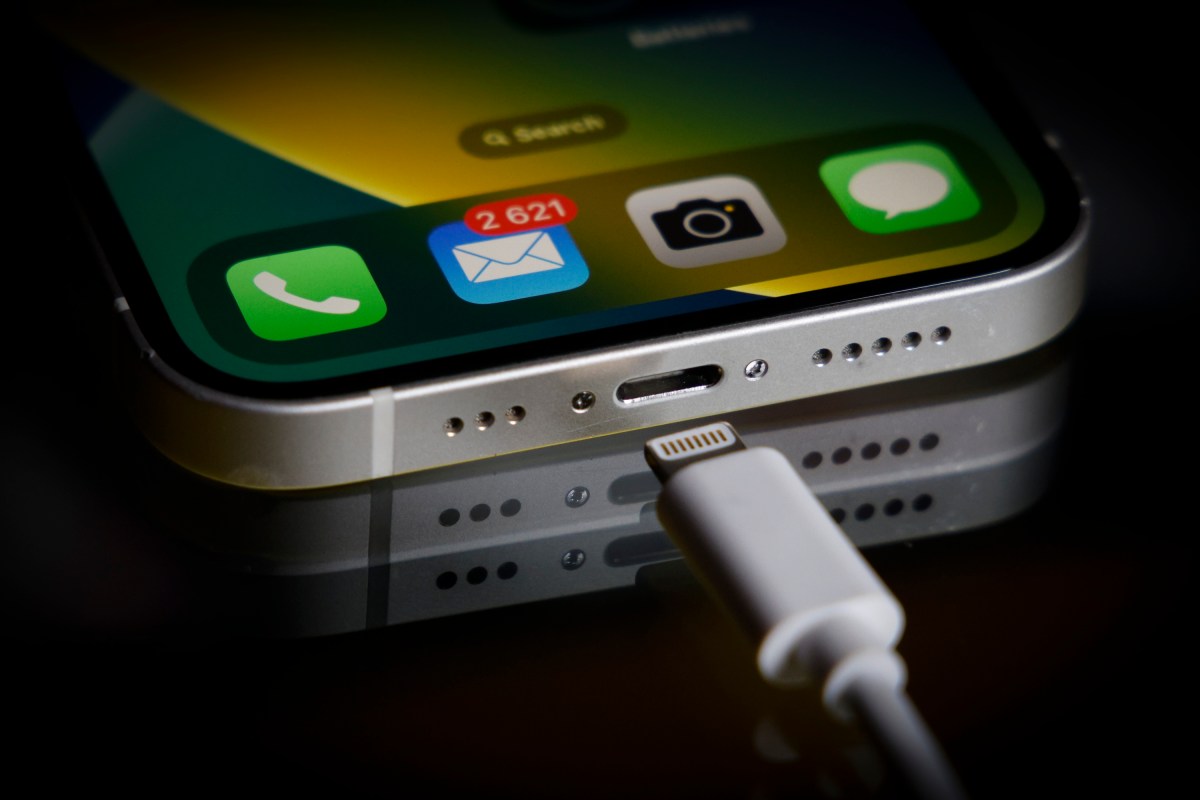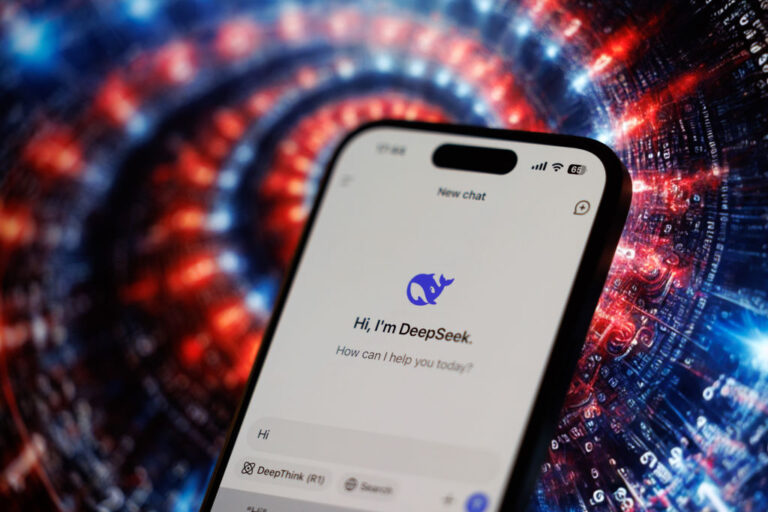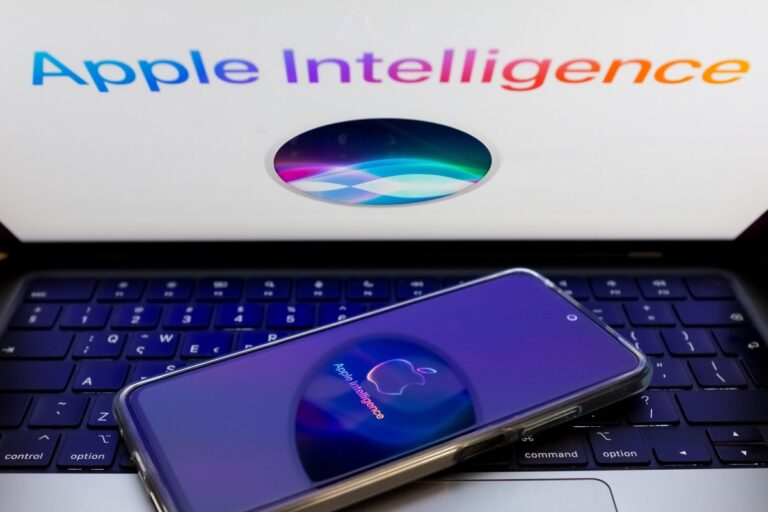Apple Addresses Critical iPhone and iPad Vulnerability Exploited in Advanced Cyber Attack
On Monday, Apple introduced significant updates for its mobile operating systems, iOS 18.3.1 and iPadOS 18.3.1, aimed at addressing a critical security vulnerability. This flaw has the potential to be exploited in highly sophisticated attacks targeting specific individuals.
Key Updates in iOS 18.3.1 and iPadOS 18.3.1
In the official release notes, Apple outlined that the vulnerability could disable the USB Restricted Mode on locked devices. This mode, introduced in 2018, is designed to enhance the security of iPhones and iPads by preventing data transmission over USB connections if the device remains unlocked for a period of seven days.
Enhanced Security Features
- USB Restricted Mode: Blocks data access over USB when the device is locked for seven days.
- Reboot Feature: A security measure introduced last year, which reboots devices if not unlocked within 72 hours, making unauthorized data access more challenging.
Insights from Security Experts
According to Apple’s security update language, it suggests that these attacks likely required physical access to the device. The exploit may have been utilized through forensic devices such as Cellebrite or GrayKey, which are commonly employed by law enforcement to unlock and retrieve data from iPhones.
Discovery of the Vulnerability
This vulnerability was identified by Bill Marczak, a senior researcher at Citizen Lab, a research group at the University of Toronto specializing in cyberattacks against civil society. As of now, Apple has not commented on this issue.
The Context of Exploitation
While the identity of the perpetrators remains unknown, there have been instances where law enforcement has utilized forensic tools to exploit zero-day vulnerabilities in iPhones. A notable case occurred in December 2024 when Amnesty International reported that Serbian authorities employed Cellebrite to unlock the phones of activists and journalists, subsequently installing malware on these devices.
Widespread Concerns
Security researchers have indicated that the use of Cellebrite forensic devices may be prevalent among individuals in civil society, raising significant concerns about privacy and data security.
For more information on Apple’s security updates and related topics, you can visit the official Apple Support page.
If you have further details regarding this vulnerability or other cyberattacks, feel free to reach out securely through various channels mentioned above.







